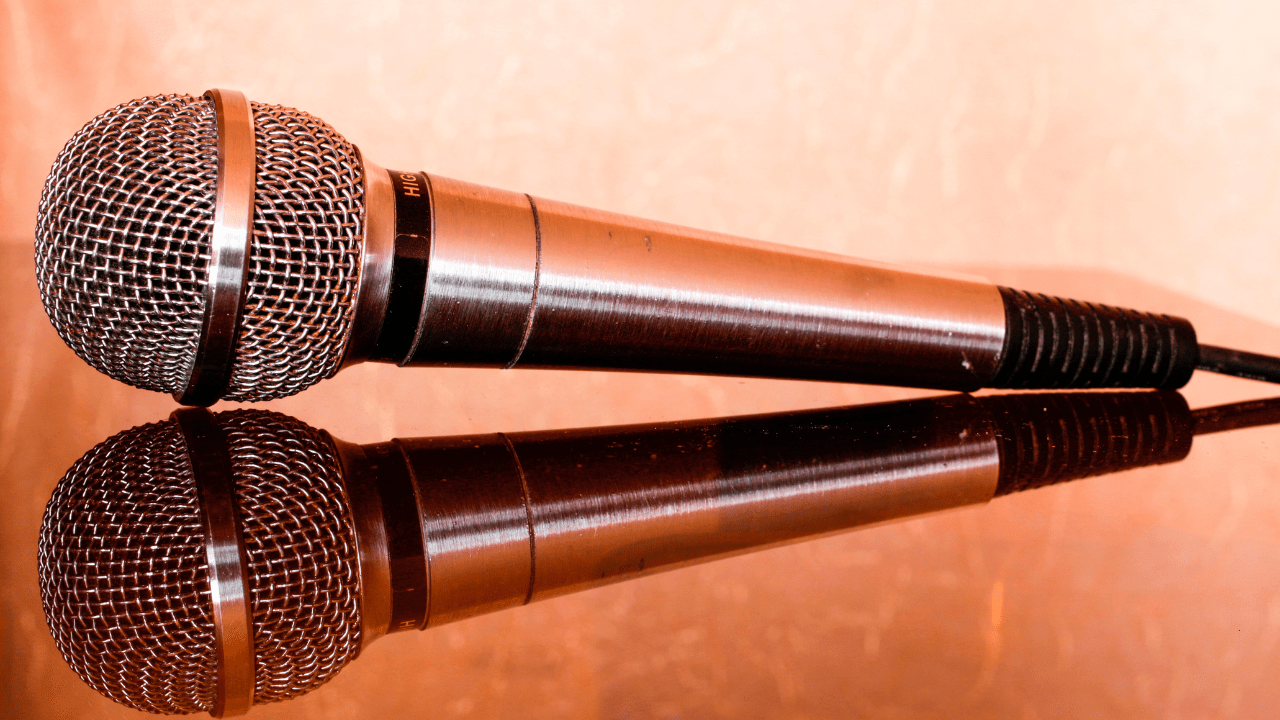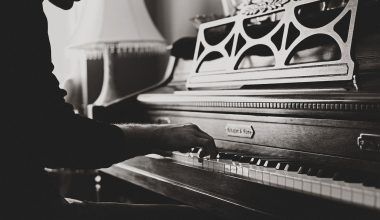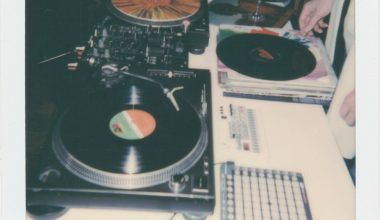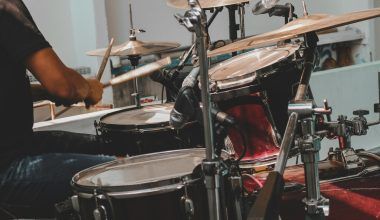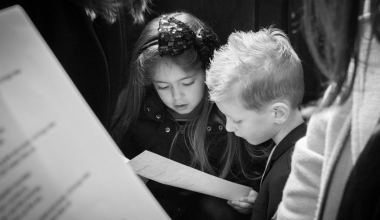If you’re passionate about singing, having the right tools to record your voice is essential. A good sound recorder for singing can transform your practice sessions, help you refine your craft, and even enable professional-quality recordings. Whether you’re a beginner or a seasoned vocalist, this guide will walk you through everything you need to know about selecting the best sound recorder.
Why You Need a Sound Recorder for Singing
Investing in a sound recorder for singing is more than a luxury—it’s a necessity for any aspiring or professional singer. Here’s why:
- Captures Vocal Clarity: A dedicated recorder ensures your voice is captured with precision.
- Enables Improvement: Listening to your recordings helps identify areas for growth.
- Prepares You for Studio Work: Practicing with a recorder mirrors professional environments.
- Supports Creativity: Record your ideas anytime, anywhere.
Features to Look for in a Sound Recorder for Singing
When choosing a sound recorder for singing, keep these essential features in mind:
- Sound Quality
Look for recorders with high sampling rates and bit depth (e.g., 24-bit/96 kHz) for professional clarity. - Portability
Compact devices are easier to carry and use on the go. - Storage Options
Ensure the recorder has ample internal memory or supports SD cards. - Battery Life
Long battery life ensures uninterrupted recording sessions. - Microphone Compatibility
Check if the recorder supports external mics for added flexibility.
Top Sound Recorders for Singing
Here are some of the best options available for singers:
1. Zoom H6 Handy Recorder
- Why It’s Great: Versatile with multiple inputs.
- Features: X/Y stereo microphones, expandable inputs, and high-quality preamps.
- Best For: Singers who want studio-grade sound.
2. Tascam DR-40X
- Why It’s Great: Affordable yet powerful.
- Features: Dual microphones, adjustable recording modes, and compact design.
- Best For: Beginners and intermediate users.
3. Sony PCM-D100
- Why It’s Great: Exceptional sound quality.
- Features: High-resolution audio, built-in microphones, and durable build.
- Best For: Professional singers.
4. Roland R-07
- Why It’s Great: Stylish and portable.
- Features: Bluetooth connectivity, wireless control, and high-quality audio.
- Best For: On-the-go recording.
5. Shure MV88+ Video Kit
- Why It’s Great: Perfect for mobile users.
- Features: Compact, iOS/Android compatibility, and professional-grade sound.
- Best For: Singers who record directly on smartphones.
Setting Up Your Sound Recorder for Singing
To get the best results, proper setup is crucial. Here’s a quick guide:
- Choose the Right Location
Find a quiet space to avoid background noise. - Adjust Microphone Placement
Position the microphone at a distance of 6–12 inches from your mouth. - Select Recording Settings
Use the highest available audio quality settings. - Test Before Recording
Perform a sound check to ensure optimal levels.
Tips for Getting the Best Vocal Recordings
Even the best sound recorder for singing won’t guarantee great results without the right techniques.
- Warm Up Your Voice
Prepare your vocal cords with exercises before recording. - Use a Pop Filter
This reduces plosive sounds (like “p” and “b”) for cleaner audio. - Control Your Breathing
Practice diaphragmatic breathing to avoid unnecessary noise. - Experiment with Vocal Dynamics
Play with volume, tone, and emotion to create dynamic recordings.
Comparing Digital and Analog Sound Recorders for Singing
While digital recorders dominate the market, some singers prefer analog devices. Here’s a comparison:
| Feature | Digital Recorders | Analog Recorders |
|---|---|---|
| Sound Quality | High, clean, and customizable | Warm, vintage tone |
| Ease of Use | User-friendly | Requires technical knowledge |
| Portability | Lightweight and compact | Bulkier |
| Cost | Affordable to premium options | Often more expensive |
Why Singers Prefer External Microphones
While most sound recorders for singing have built-in microphones, pairing them with external mics enhances the recording quality.
Recommended Microphones
- Shure SM7B: Excellent for vocals.
- Audio-Technica AT2020: Affordable and versatile.
- Rode NT1: Known for minimal self-noise.
Recording Software for Singers
If your sound recorder for singing supports computer connectivity, pairing it with software can elevate your recordings. Popular options include:
- Audacity: Free and beginner-friendly.
- Logic Pro X: Great for Apple users.
- Pro Tools: Ideal for professional editing.
Maintaining Your Sound Recorder
To ensure longevity and consistent performance, take good care of your sound recorder for singing.
- Clean Regularly
Wipe down the recorder to prevent dust buildup. - Store Safely
Use a protective case to avoid damage. - Check Battery Levels
Replace or recharge batteries as needed. - Update Firmware
Keep your recorder’s software up to date.
Conclusion
A good sound recorder for singing is a must-have for anyone serious about vocal performance. From improving your technique to producing professional-quality tracks, the right recorder makes all the difference.
Choose a device that fits your needs, budget, and skill level. Pair it with good recording practices, and you’ll be well on your way to capturing stunning vocals. Whether you’re practicing at home or recording for an album, investing in a high-quality recorder is a step towards excellence.
Related Articles:
For further reading, explore these related articles:
- How to Send Recorded Audio on Instagram | Easy Steps Explained
- Best Professional Microphone for Singing: A Detailed Guide
For additional resources on music marketing and distribution, visit Deliver My Tune.
